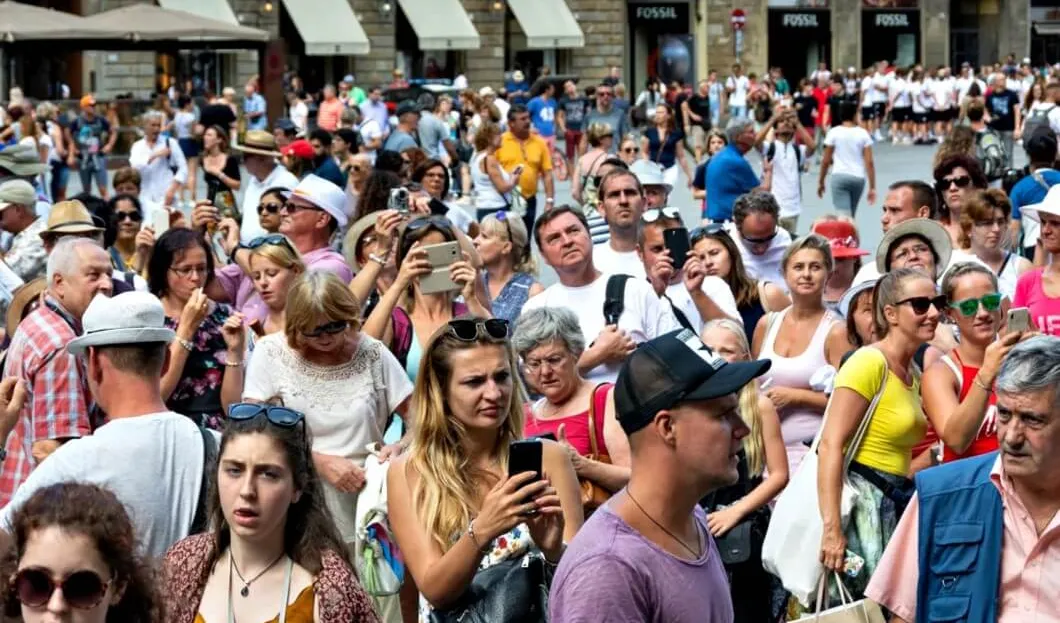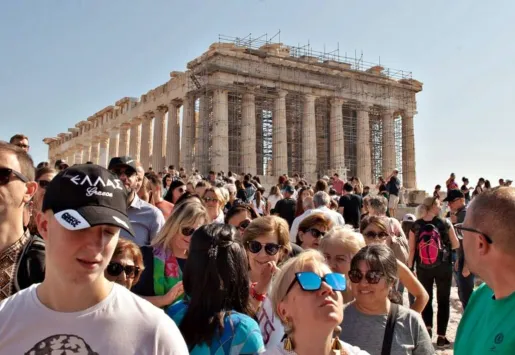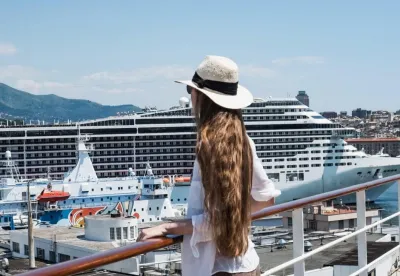
The end of health restrictions linked to Covid-19 led to an explosion in the global tourist flow, completely overloading certain tourist spots.
More and more tourists want to leave their countries to discover the world. Many countries are so busy with visitors that some places are overcrowded with visitors. Governments and local authorities seek to strengthen measures aimed at regulating tourist activity and limit mass tourism. Implementing all these restrictions in the must-see places tries to get tourists to vacation away from the crowds.
Paying a Head Tax
Some cities consider charging for the visit. Venice was the first to propose in December 2022 to the Italian Ministry of the Economy an entry tax amounting to €2 to 10 to protect its ecosystem from mass tourism. Bruges is also considering introducing an entrance tax after encouraging tourists to visit the city on a day trip to avoid excessive tourism.
Streamlining the Flow of Tourists
Some places implement "red zones" where you can no longer stop. For example, in Portofino, in northeastern Italy, the city center and the seafront have become places where pedestrians can no longer park. This measure, applicable from 10:30 a.m. to 6 p.m., has been in place since the Easter weekend in anticipation of the summer to avoid the excessive concentration of tourists in certain places. Tourists who do not comply with this measure will be fined up to €275. Barcelona also encourages tourists to move quickly through the city to avoid congestion.
Communicating and Raising Awareness
Some tourist places use communication to regulate the flow of inbound tourism. For example, Amsterdam is known for its famous red light district and its legalization of certain drugs. However, the municipality complains because young people mainly visit the city for bachelor parties, bars, and expensive hotels. Therefore, a communication campaign has been launched to warn young people about antisocial behavior, excessive consumption of alcohol and drugs with their legal and medical consequences.
Establishing a Quota of Tourists
Japan welcomes many tourists thanks to Iriomote, the second-largest island in Okinawa known for diving and hiking. The Japanese government wishes to avoid returning to 300,000 annual tourists on this island by limiting the number of tourists to 1,200 per day. The goal is to preserve the local flora and fauna. Italy limits a small number of tourists to Sardinian beaches. It is deemed acceptable for 300 to 1000 individuals to visit the beach per day. To gain access, beach visitors must purchase an entrance ticket between one and ten euros.













The island of Ameland in the Netherlands is taking another approach, visitor numbers are not important but the level of “disturbance” is . That’s why they aim at reducing cars to the island, attracting visitors who connect with the locals, definitely not only tourist that can pay. But There is also a stop on new developments. Not less but better tourism is the message.